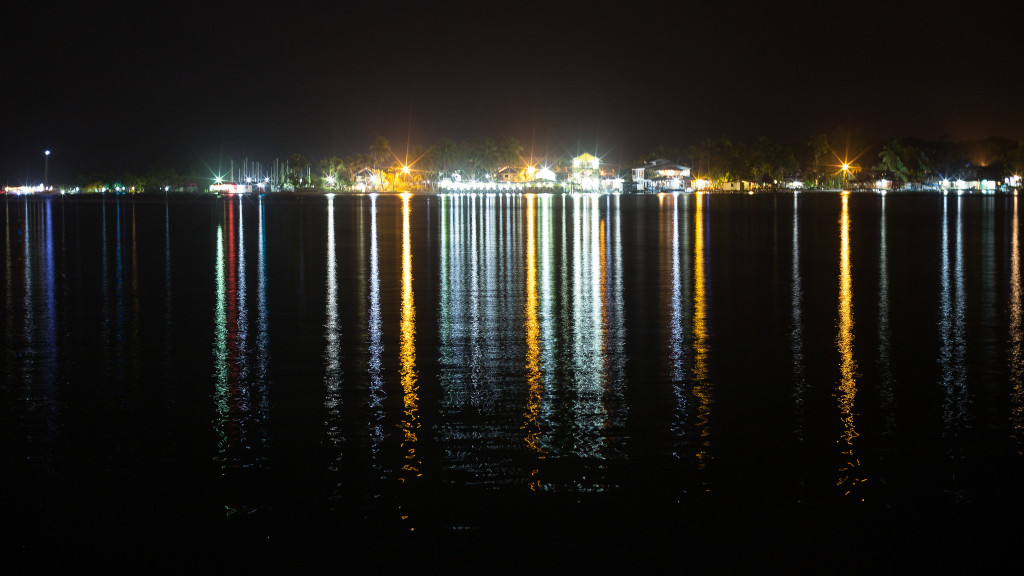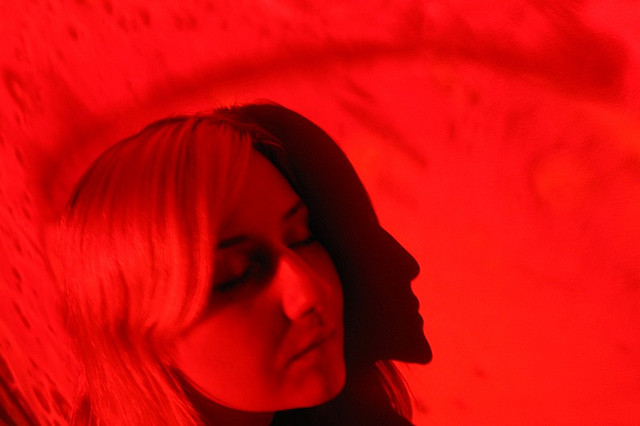
By Seth Sawyers
This is a story about drugs, but not only about drugs. It was the night before the Y2K glitch was supposed to happen. Do you remember it? It was three hundred fourteen big news stories ago, just a blip now but back then, end of 1999, it was the big one. The idea was that there was a decent chance we’d all wake up on January 1, 2000 to computers freaking out, banks failing, planes falling. We, the five of us, thought watching for the apocalypse would be a fun thing to do while on drugs, and so, after work, we drove from the city to the beach. We were twenty-two and thought ourselves very clever.
We loved ourselves, is the truth, loved each other, even if we couldn’t have articulated it like that at the time. It was merely where we lived, this fragile, warm world we’d built, as taken for granted as air. We’d all, by then, had a look around and we’d chosen each other, is what I’m saying.
I was the fifth wheel on this beach trip, which is better than being the third wheel, by a little. It was Dave, who was my best friend and roommate from college, and his girlfriend, Julie, the two of them newly in love, always touching. And there was Alis, a girl I also cared a lot about, and her boyfriend, Skeet, the two of them no longer, I think, so much in love, touching a bit less. What we did that night, in that fierce way, was listen very closely to Radiohead songs, afterward only smiling, sure everyone really got it. Though I’m not saying we were the only clever twenty-two-year-olds who’d ever had this kind of love, and though it comes and goes, comes and goes, we had it, and still do.
And we were doing drugs. We were doing ecstasy, which I don’t think is called that any longer, which tells you a little about how old we all are now. We had a hotel room, two beds, where the couples would sleep, and a couch, where I’d sleep. We drank a little, smoked a little, and then we took the pills we were there to take. We listened to more Radiohead, wrote some bad poetry, smiled some more, said oh my god a lot.
•••
Peaking, bundled up, we went to the beach. There was no one else there, of course. I remember there was crusty snow on the part of the beach where the ocean didn’t reach. I was clenching my jaw and grinding my teeth so much that I had little white pockets of foamy spit at the corners of my mouth. I know because there’s a picture of me from that night, pupils huge. And in that photo with me, our arms around each other, to all the world brothers, is Alis’s boyfriend, Skeet.
Skeet and I were never great friends, and probably we were never more than two guys who cared about the same girl. But there we were, ecstatic, walking along that magical line where water meets sand, retreats, and then meets it again, forever. The others had found something else that delighted them and were well behind us.
And maybe it was that repeat-repeat-repeat of the waves, but I remember, just before we saw what we saw, Skeet was talking about the universe, how he was sure the Big Bang was just one of an infinite number of Big Bangs, how eventually the universe would stop growing, race in upon itself and collapse to a point until it again exploded in yet another Big Bang. We were merely, Skeet was saying to me—just me, on that beach—living in a moment between Big Bangs. Soon, everything would collapse, and explode. Collapse and explode. And I thought: Holy fucking shit, he might be right. There’s a reason people take drugs, is what I’m saying. Drugs have their moments.
I saw it first. Skeet was still talking, but my eyes were fixed on a cluster of bright, very bright lights, maybe a mile up the shore, softly expanding, collapsing, expanding, coming from what looked like yet another beach house, three stories, decks, the whole thing so bright against that black night. Then he stopped talking. He’d seen it, too. The light, yellow, orange, shimmered, moved, rose. We had the same thought at the same time.
“Is that building on fire?” I asked him.
“Fuck yes, it is,” he said.
•••
Do you remember sprinting? When was the last time you sprinted? Have you ever sprinted toward what you think is a building fully engulfed in flames, the thought, unspoken but as alive as your blood, that once you got there, you just might be able to do something about it? If you have, you’ll know that there are four stages.
At first, you are a catapult, released. You just fire, and go, and after the initial awkwardness in your thighs, the stiffness in your hips, you are convinced you can go, screaming through the cold, dark night, forever. After that, not yet tired but muscles now accustomed, you settle into a groove. This is by far the most pleasurable part. You merely run, free, fluid. Third comes the onset, gradual at first, of the burning of the lungs. You slow, not because you want to, but because your body makes you. Fourth, finally, chest heaving, legs on fire, stomach ready to rebel, you stop, because you cannot go on without some essential part of you failing. And that’s what happened to us. We stopped running, exactly at the moment that we got close enough, heads no longer bobbing, to see the truth.
“I think,” Skeet said, “that those are Christmas lights.”
“I think,” I said, “that you are right.”
In that blackness, our friends catching up to us, also breathless, Skeet and I found the other’s eyes, laughed and then coughed, the black Atlantic Ocean behind us, swelling and retreating, over and over again, both of us knowing, I think, that all of it, the ocean, one day would die. And we would die. But not this, somehow, not this.
•••
SETH SAWYERS’ writing has appeared in The Rumpus, The Millions, Salon, Sports Illustrated, McSweeney’s Internet Tendency, The Morning News, River Teeth, Fourth Genre, Quarterly West, Crab Orchard Review, Ninth Letter, and elsewhere. He has been awarded scholarships and residencies to the Sewanee Writers’ Conference, Writers@Work, and VCCA. He is working on a novel about two ten-foot-tall people who find each other in the time just before the internet. He is online at https://sethsawyers.wordpress.com/.

 Follow
Follow
